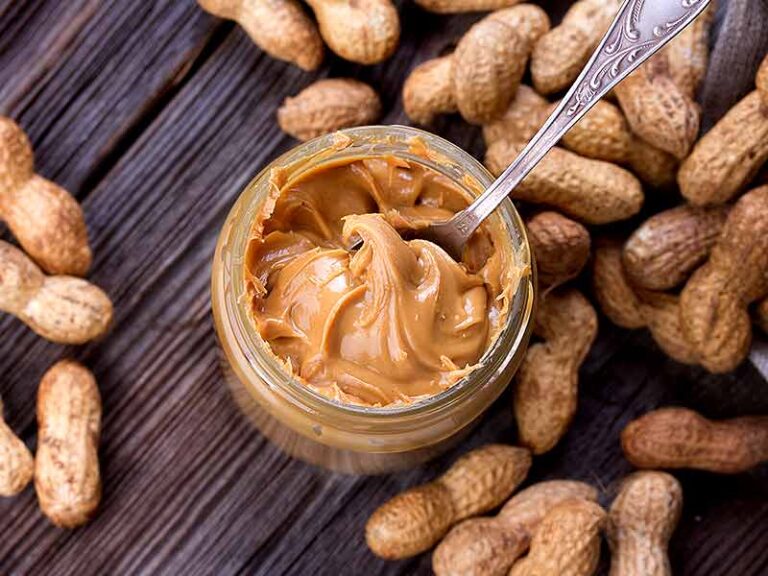Introduction
When it comes to digestive health, concerns about Clostridium difficile (C. diff) infection can arise. Many people wonder if peanut butter, a beloved staple in many households, is safe to consume if they have C. diff or are at risk. In this article, we will explore the relationship between peanut butter and C. diff, addressing common queries and providing expert guidance to help you make informed decisions about your dietary choices.
What is C. diff and How Does it Affect the Digestive System?
Clostridium difficile is a bacterium that can cause gastrointestinal infections, particularly in individuals who have recently taken antibiotics. C. diff infection can lead to symptoms such as diarrhea, abdominal pain, fever, and nausea. The bacterium produces toxins that damage the lining of the colon, resulting in colitis.
Peanut Butter and C. diff Infection: Is it Safe to Consume?
Peanut butter itself does not pose a direct risk for C. diff infection. However, it’s important to consider overall dietary choices and hygiene practices when managing C. diff. While there is no evidence to suggest that peanut butter is a risk factor for C. diff, it’s crucial to follow proper food safety guidelines to minimize the risk of contamination.
Precautions When Consuming Peanut Butter with C. diff
If you have C. diff or are at risk of infection, it is recommended to adhere to the following precautions when consuming peanut butter:
Choose high-quality, commercially prepared peanut butter
Opt for reputable brands that follow stringent food safety protocols to minimize the risk of contamination.
Check for expiration dates
Ensure that the peanut butter is within its expiration date to guarantee freshness and quality.
Practice good hygiene
Wash your hands thoroughly before handling peanut butter and avoid cross-contamination by using clean utensils.
Store peanut butter properly
Seal the jar tightly and store it in a cool, dry place to prevent spoilage and maintain its integrity.
Treatment Options for C. diff Infection
If you suspect you have a C. diff infection, it is crucial to seek medical attention. Treatment typically involves a course of antibiotics specifically targeting the bacterium. In severe cases or recurrent infections, alternative therapies like fecal microbiota transplantation (FMT) may be considered.
Probiotics and C. diff
Probiotics, which are beneficial bacteria, have shown promise in preventing and treating C. diff infections. Consult with your healthcare provider about incorporating probiotics into your regimen, as they can help restore a healthy gut microbiome and potentially reduce the risk of C. diff recurrence.
Prevention Strategies for C. diff Infection:
To minimize the risk of C. diff infection, consider the following preventive measures:
Practice good hand hygiene
Wash your hands thoroughly with soap and water, especially after using the restroom and before meals.
Properly handle and prepare food
Follow safe food handling practices, such as washing fruits and vegetables and cooking meat thoroughly.
Use antibiotics judiciously
Take antibiotics only when prescribed by a healthcare professional and complete the full course as directed.
Maintain a healthy gut microbiome
Consume a balanced diet rich in fiber, engage in regular exercise, and consider probiotic supplementation to support a diverse and resilient gut microbiome.
Long-Term Effects of C. diff Infection
While most individuals recover fully from C. diff infection, some may experience long-term effects. These can include recurrent infections, chronic diarrhea, and an increased risk of developing inflammatory bowel disease. Regular monitoring and follow-up with a healthcare professional are essential for managing any lingering effects.
Conclusion
Peanut butter can be enjoyed as part of a balanced diet even if you have or are at risk of C. diff infection. Remember to prioritize good hygiene practices and adhere to proper food safety guidelines when consuming peanut butter or any other food. By taking necessary precautions and following expert advice, you can continue to savor the goodness of peanut butter while maintaining optimal digestive health.
Remember, if you have concerns about C. diff infection or any other health condition, consult with a qualified healthcare professional for personalized guidance and support.

